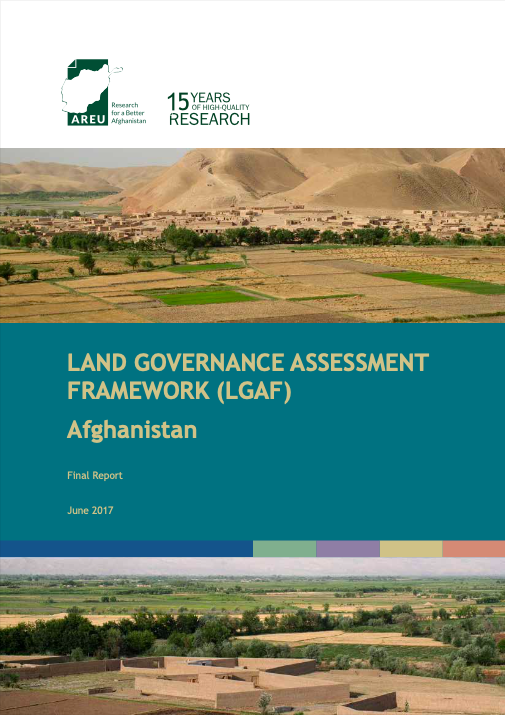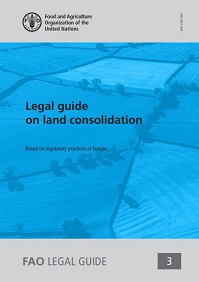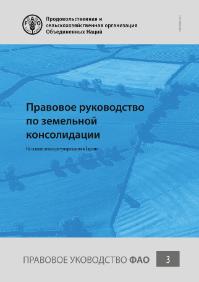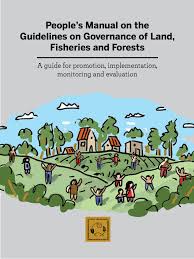Land Governance and Development in Brazilian Rural Space: A comparison between Livestock and Agricultural production in Mato Grosso do Sul state.
This article presents a comparison for the impact from lack of land governance in Brazil between livestock and agricultural production. It begins with a brief description of the land regulatory system and its development in Mato Grosso do Sul State and Brazil. The methodology was based on focus groups research, conducted by CEPEA/USP (Center for advanced Studies on Applied Economics/University of São Paulo) on local production sites in Mato Grosso do Sul state, where a regional modal farm was established.








